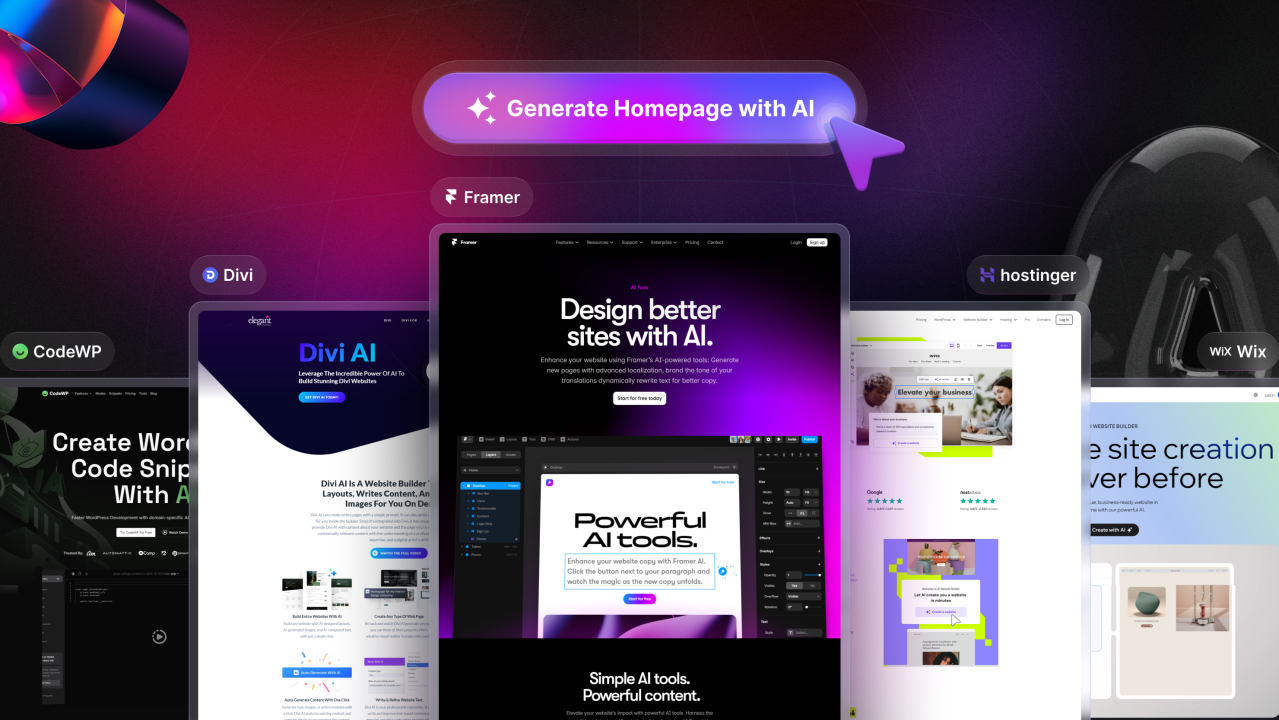Introduction
The software industry is undergoing a seismic shift, driven by the rapid adoption of artificial intelligence (AI) and machine learning (ML). One of the most transformative trends in recent years is the emergence of AI-powered development tools. These tools are not just enhancing productivity but are fundamentally changing how software is designed, developed, and deployed. In this blog, we’ll explore how AI is revolutionizing the software industry and what it means for developers, businesses, and end-users.
1. What Are AI-Powered Development Tools?
AI-powered development tools leverage machine learning algorithms to assist developers in writing, debugging, and optimizing code. These tools range from intelligent code completion systems like GitHub Copilot to automated testing platforms and AI-driven DevOps solutions. By analyzing vast amounts of code and learning from patterns, these tools can predict what developers need, suggest improvements, and even identify potential bugs before they become issues.
2. Key Trends in AI-Driven Software Development
a. Code Generation and Autocompletion
Tools like GitHub Copilot, powered by OpenAI’s Codex, are changing the game by providing real-time code suggestions. Developers can now write code faster and with fewer errors, as these tools understand context and offer relevant snippets or entire functions.
b. Automated Testing and Debugging
AI is making testing more efficient by automating repetitive tasks. Tools like Testim and Applitools use AI to create and execute test cases, identify bugs, and even suggest fixes. This reduces the time spent on manual testing and ensures higher-quality software.
c. Natural Language Programming
With advancements in natural language processing (NLP), developers can now write code using plain English. Tools like OpenAI’s ChatGPT and Amazon CodeWhisperer allow developers to describe what they want, and the AI generates the corresponding code.
d. AI-Driven DevOps
AI is streamlining DevOps processes by predicting system failures, optimizing resource allocation, and automating deployment pipelines. Tools like Harness and Dynatrace use AI to monitor systems in real-time and provide actionable insights.
3. Benefits of AI-Powered Development Tools
-
Increased Productivity: Developers can focus on solving complex problems while AI handles repetitive tasks.
-
Improved Code Quality: AI tools catch errors early and suggest optimizations, leading to cleaner, more efficient code.
-
Faster Time-to-Market: Automation speeds up development cycles, allowing businesses to release products faster.
-
Lower Costs: By reducing manual effort and minimizing errors, AI tools help cut development costs.
4. Challenges and Considerations
While AI-powered tools offer immense benefits, they also come with challenges:
-
Over-Reliance on AI: Developers may become too dependent on AI, potentially stifling creativity and problem-solving skills.
-
Security Concerns: AI tools trained on public codebases may inadvertently introduce vulnerabilities or proprietary code issues.
-
Learning Curve: Teams need to invest time in learning how to effectively use these tools.
5. The Future of AI in Software Development
The future looks promising as AI continues to evolve. We can expect:
-
More Personalized Tools: AI will adapt to individual coding styles and preferences.
-
Enhanced Collaboration: AI will facilitate better teamwork by providing real-time insights and suggestions.
-
Ethical AI Development: As AI becomes more integrated into software development, ethical considerations will play a bigger role in shaping its use.
Conclusion
AI-powered development tools are no longer a futuristic concept—they are here, and they are transforming the software industry. By embracing these tools, developers and businesses can stay ahead of the curve, delivering better software faster and more efficiently. However, it’s crucial to strike a balance between leveraging AI and maintaining human creativity and oversight.
The future of software development is intelligent, automated, and exciting. Are you ready to embrace it?





Leave a comments: